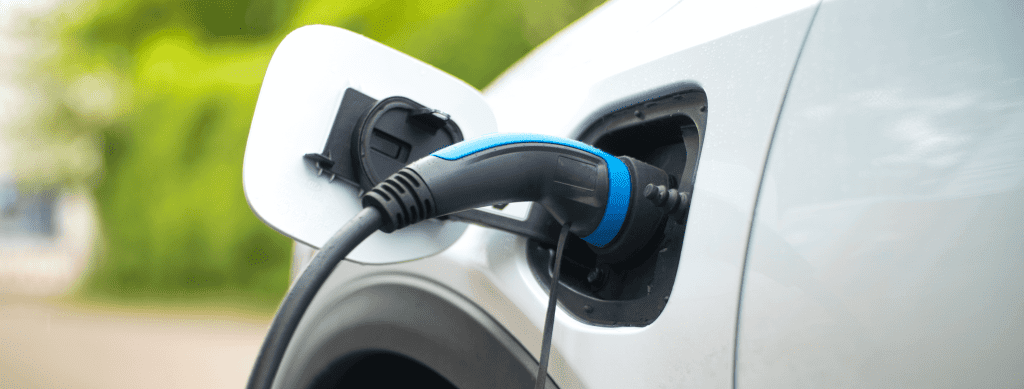With the end of the personal tax year fast approaching, we have been asked by a number of clients whether it’s worth purchasing electric company cars. As this is an option for many businesses, we have put together an outline of the tax implications below:
Benefit in kind rates
From 6 April 2020, HMRC have introduced benefit in kind tax exemptions on electric and low emission vehicles, making them more appealing as company cars.
From 6th April 2020 – 5th April 2021, fully electric cars (Co2 emissions of nil) will have no benefit in kind tax charge. This will increase to 1% for 2021/22 and 2% for 2022/23.
Hybrid vehicles may also qualify for low benefit in kind tax rates but this will depend on the Co2 emissions, along with how many miles the vehicle can cover on a full charge of battery.
Capital allowances
Historically, cars have not generally qualified for annual investment allowance or first year allowances, meaning often the cost could only be claimed against tax at 8% a year.
However, for qualifying low emission and electric cars, you can claim the whole cost of the vehicle against profits in the year it is purchased. To qualify, the vehicle must be purchased new and the Co2 emissions must be below 50g per km.
Other benefits
Electricity is not classed as a ‘fuel’, therefore no fuel benefit in kind is charged. Further to this, an employer can provide electricity for an employee to charge their car at a workplace, with no personal tax charges for the employee.
As electric cars are generally zero emissions, they are also exempt from vehicle excise duty.
HMRC have an online calculator which should give you a guide to any benefit in kind tax. Please see the link below:
http://cccfcalculator.hmrc.gov.uk/CCF0.aspx
With the end of the personal tax year fast approaching, we have been asked by a number of clients whether it’s worth purchasing electric company cars. As this is an option for many businesses, we have put together an outline of the tax implications below:
Benefit in kind rates
From 6 April 2020, HMRC have introduced benefit in kind tax exemptions on electric and low emission vehicles, making them more appealing as company cars.
From 6th April 2020 – 5th April 2021, fully electric cars (Co2 emissions of nil) will have no benefit in kind tax charge. This will increase to 1% for 2021/22 and 2% for 2022/23.
Hybrid vehicles may also qualify for low benefit in kind tax rates but this will depend on the Co2 emissions, along with how many miles the vehicle can cover on a full charge of battery.
Capital allowances
Historically, cars have not generally qualified for annual investment allowance or first year allowances, meaning often the cost could only be claimed against tax at 8% a year.
However, for qualifying low emission and electric cars, you can claim the whole cost of the vehicle against profits in the year it is purchased. To qualify, the vehicle must be purchased new and the Co2 emissions must be below 50g per km.
Other benefits
Electricity is not classed as a ‘fuel’, therefore no fuel benefit in kind is charged. Further to this, an employer can provide electricity for an employee to charge their car at a workplace, with no personal tax charges for the employee.
As electric cars are generally zero emissions, they are also exempt from vehicle excise duty.
HMRC have an online calculator which should give you a guide to any benefit in kind tax. Please see the link below:
http://cccfcalculator.hmrc.gov.uk/CCF0.aspx
